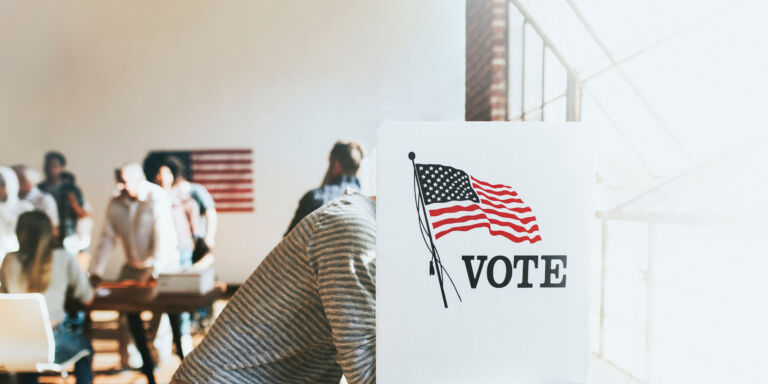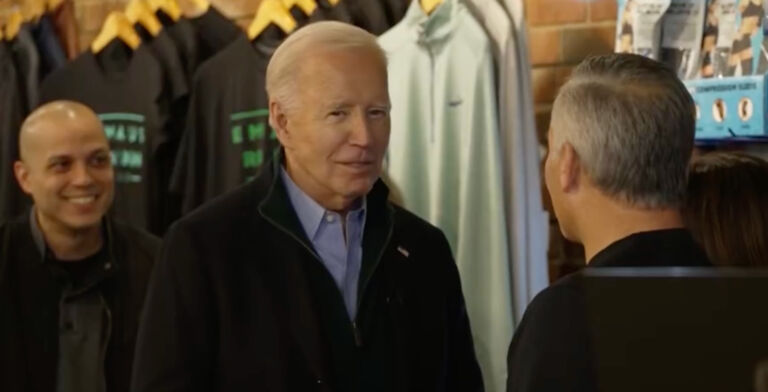In National Rifle Association v. Vullo, the United States Supreme Court reaffirmed that principle and applied it to the superintendent of New York State’s Department of Financial Services. According to the NRA, Ms. Vullo tried to put it out of business by persuading insurance companies to block its access to insurance coverage. It argued that that amounted to unconstitutional suppression of speech, and the Supreme Court agreed:
Government officials cannot attempt to coerce private parties in order to punish or suppress views that the government disfavors. Petitioner National Rifle Association (NRA) plausibly alleges that respondent Maria Vullo did just that. As superintendent of the New York Department of Financial Services, Vullo allegedly pressured regulated entities to help her stifle the NRA’s pro-gun advocacy by threatening enforcement actions against those entities that refused to disassociate from the NRA and other gun-promotion advocacy groups. Those allegations, if true, state a First Amendment claim.
The John Locke Foundation has taken an interest in this case from the start, not just because of its implications of the Second Amendment, but because of its implications for the First Amendment as well. Earlier this year we filed a joint friend of the court brief with our friends at the Independence Institute. In the brief we cited numerous instances in which state and federal government officials had used their regulatory powers to suppress unwanted speech. In the 1950s, for example, Democrat-controlled legislatures and Democratic state attorneys across the south began demanding that the NAACP disclose the names of its supporters as a condition for operating within their states. They assumed that many supporters would withdraw their support if doing so meant risking reprisals from segregationists, and they were right. In just two years, from 1955 to 1957, NAACP membership declined in Southern states by more than 50 percent. Fortunately, the Supreme Court put a stop to that particular instance of regulatory speech suppression. In our brief, we urged the court to make it clear once and for all that using the state’s regulatory power to suppress speech always violates the First Amendment:
The same regulatory abuses at issue in this case can easily be weaponized against all sorts of citizen associations and activists … if this Court … signals that the NAACP cases are now easy to evade. In states where political incentives are different from those in New York, the potential targets will include organizations that advocate for abortion rights, for rights of unlawful aliens, or for “defund the police” and similar ideas. In states where political incentives are similar to New York’s, the groups on the opposite side of the above issues could be prime targets.
We couldn’t be happier with the result — a unanimous opinion written by the court’s most left-leaning justice in a case in which the ACLU represented the NRA. If it wasn’t clear before, it’s crystal clear now. The First Amendment forbids even indirect attacks on Americans’ expressive rights.


